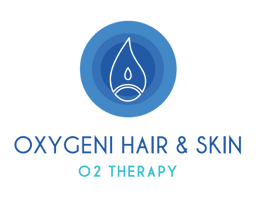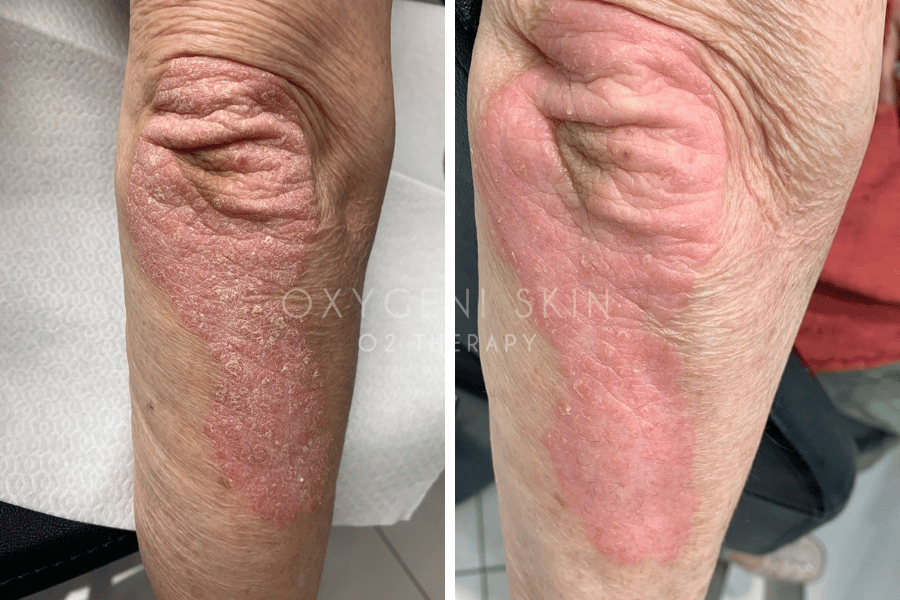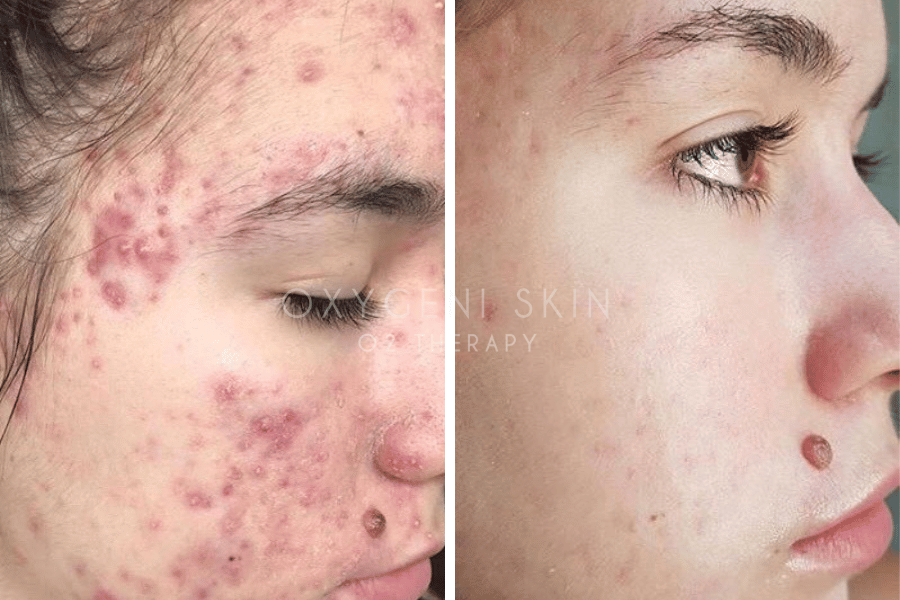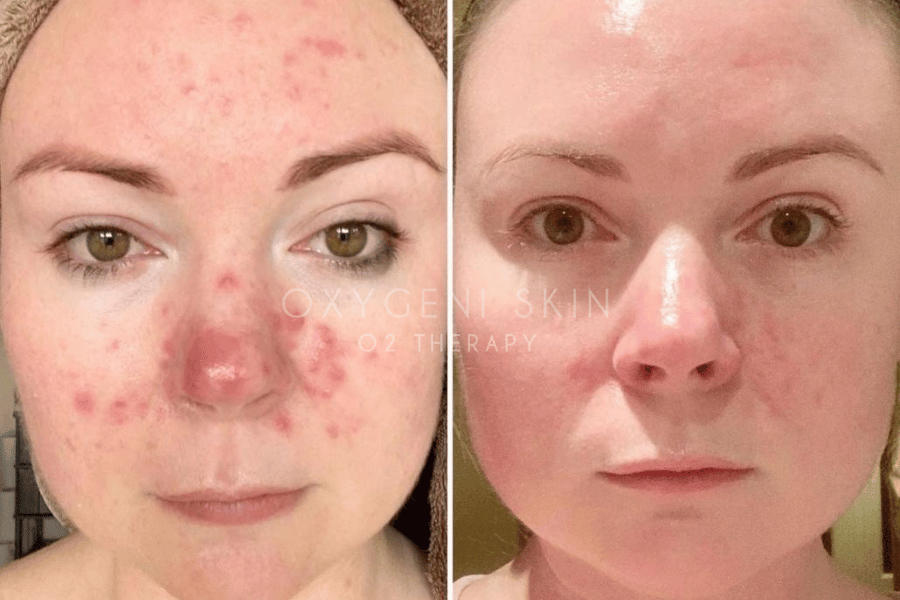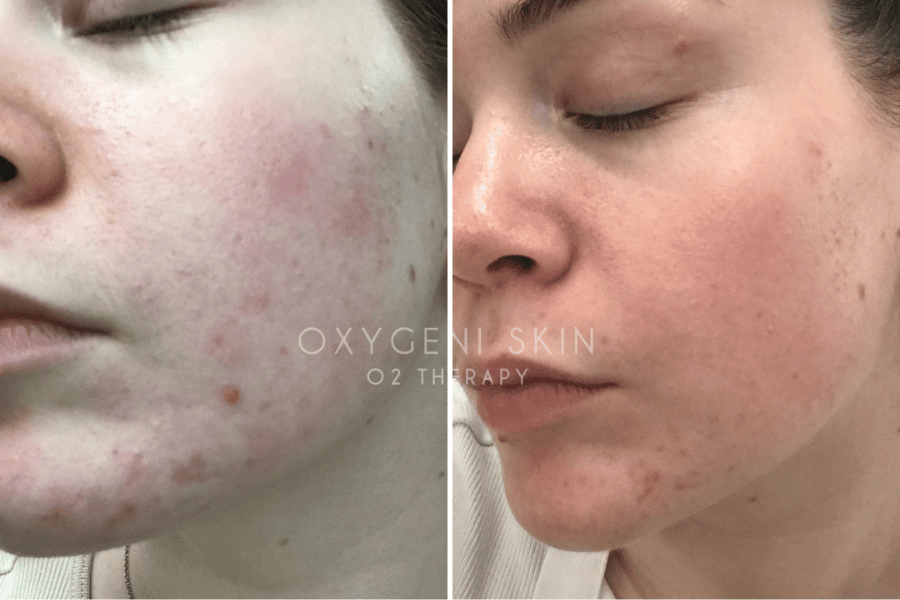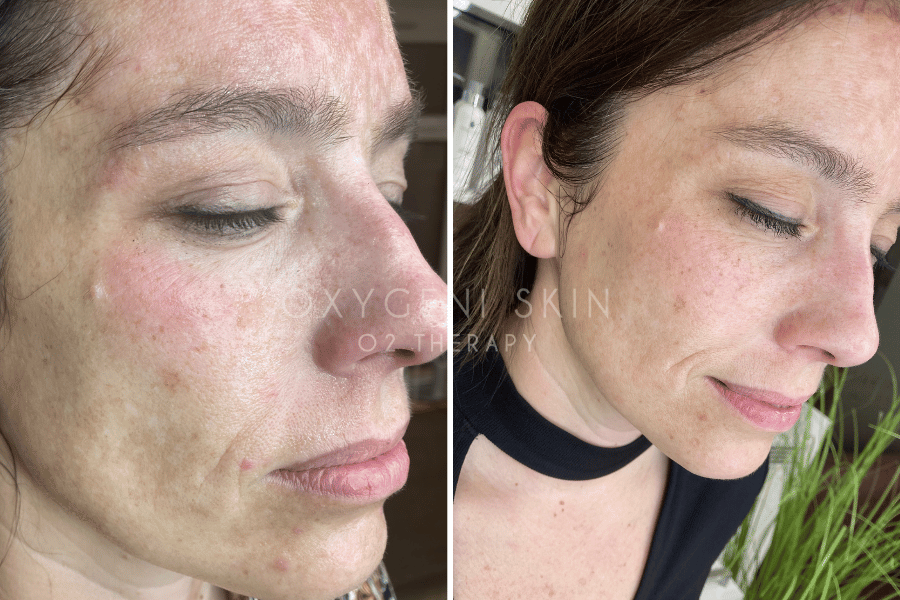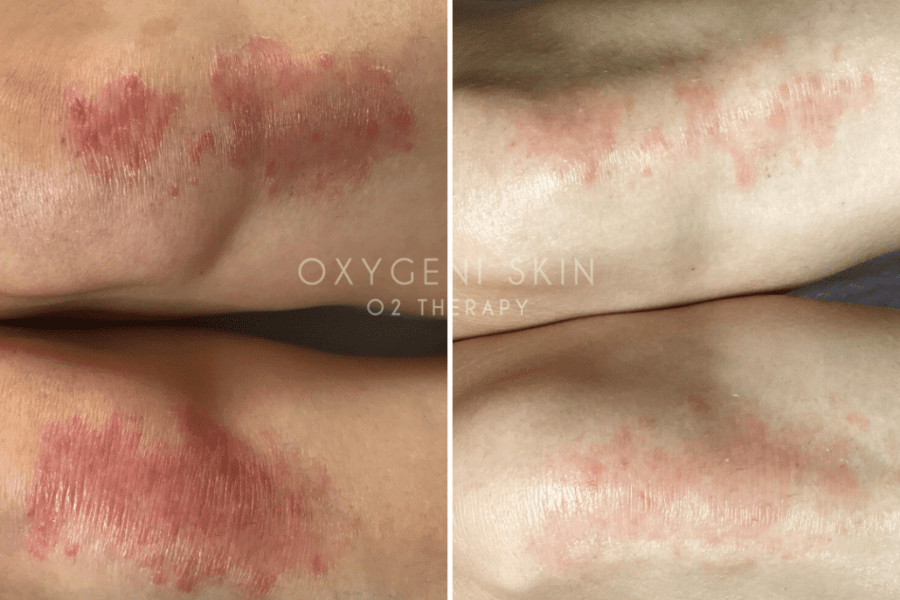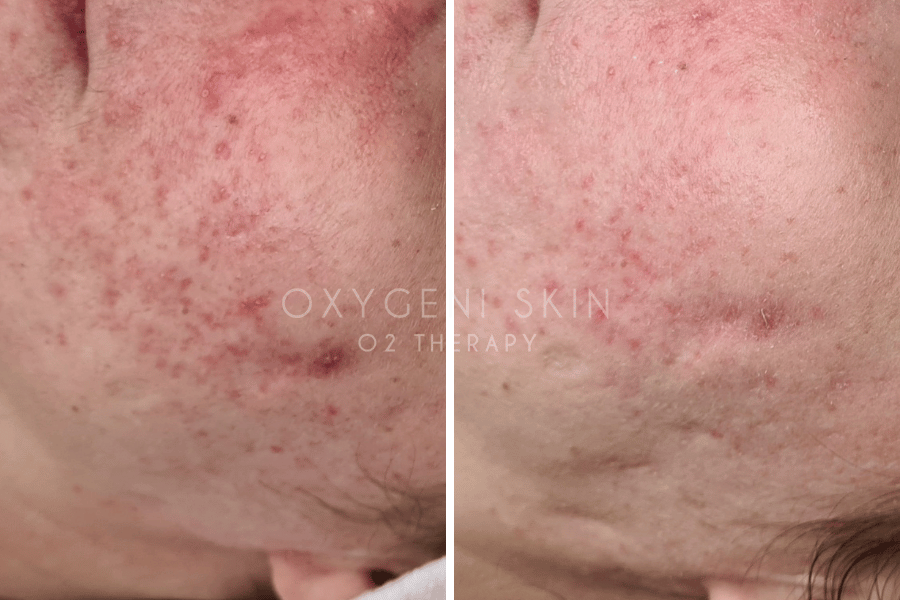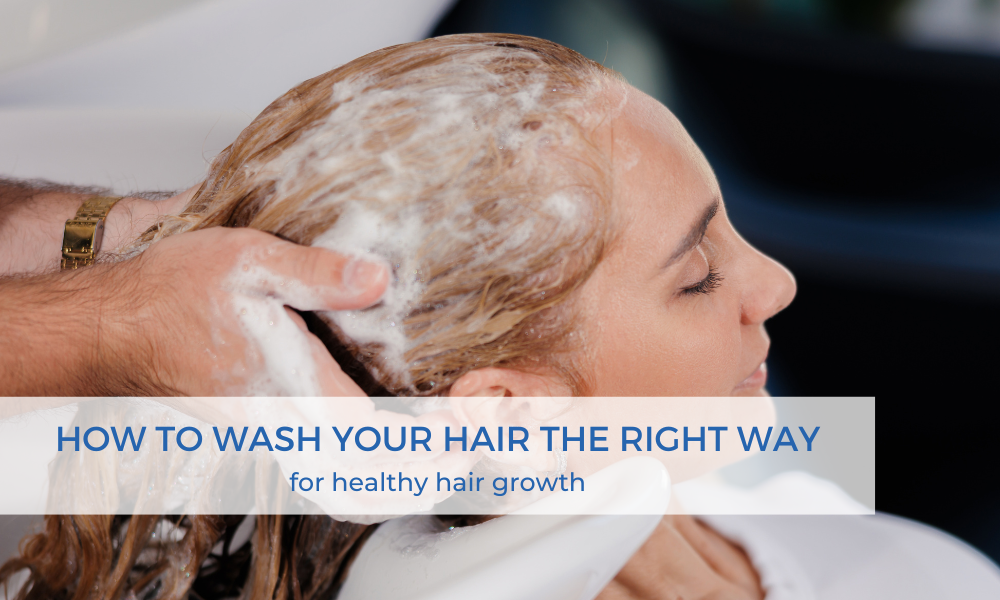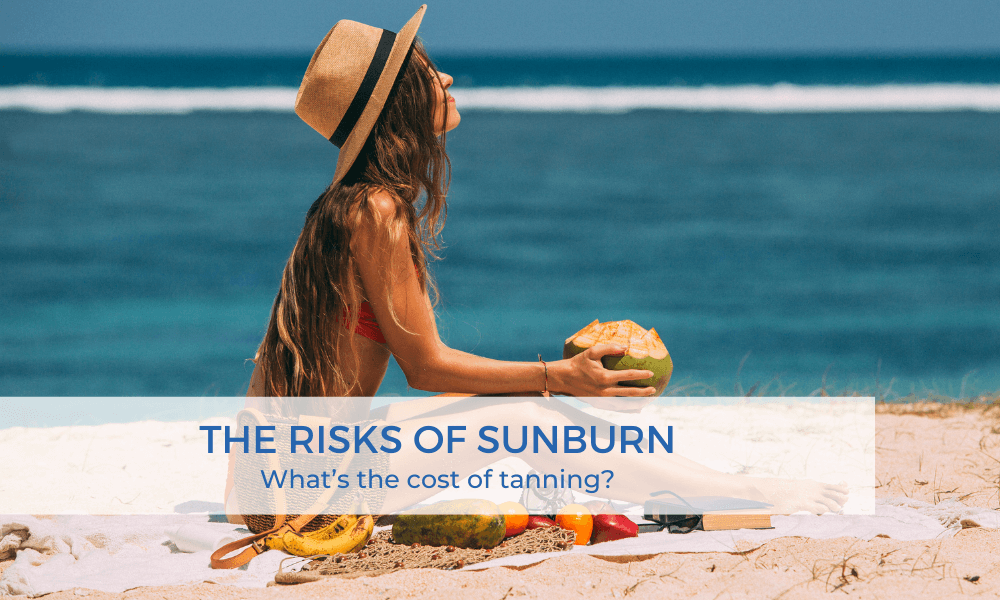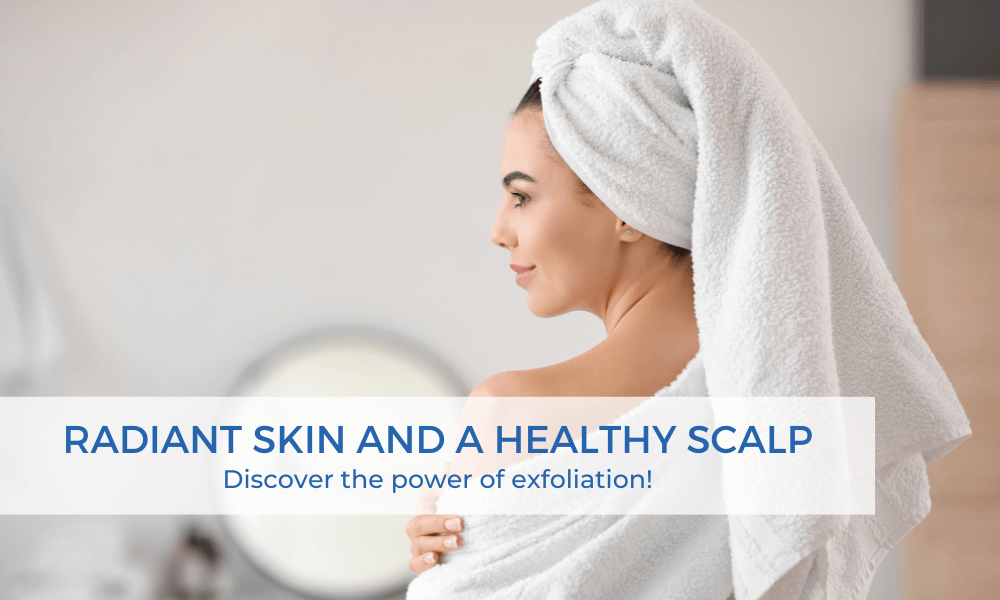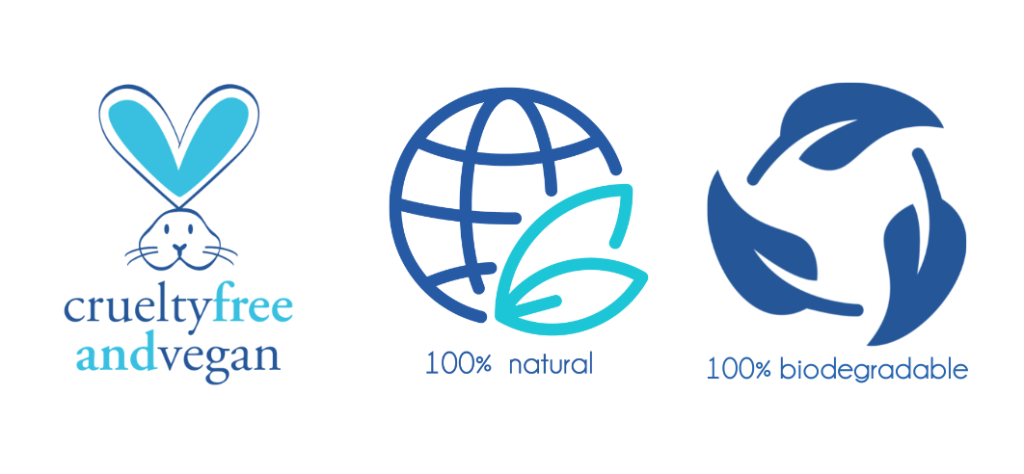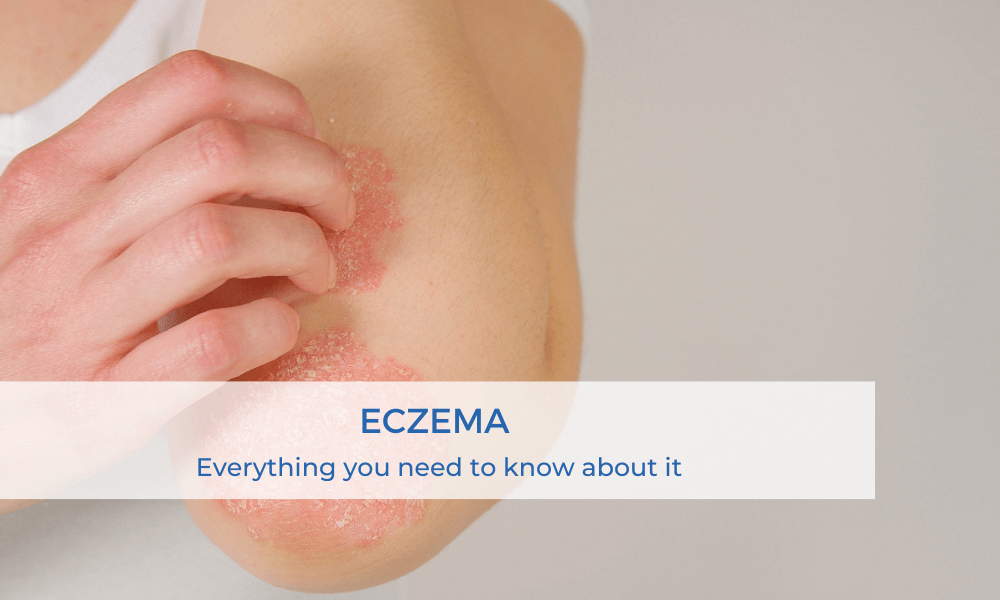
ECZEMA, EVERYTHING YOU NEED TO KNOW
Are you struggling with cracked or itchy skin? You’re not alone! Eczema is an inflammatory skin condition that causes itching, dry skin, rashes, flaky patches, blisters, and skin infections. Itching is the most common symptom of eczema. There are seven different types of eczema: atopic dermatitis, contact dermatitis, dyshidrotic eczema, nummular eczema, seborrheic dermatitis, and stasis dermatitis.
Many people with eczema use the term “flare-up” to describe a phase of eczema when they experience one or more acute symptoms or side effects due to prolonged itching. Severe eczema can also include flare-up periods that can last for several days or even weeks.
The scalp can itch due to many factors, making daily life difficult. But if your skin initially reddens, followed by the development of itchy small blisters, and after scratching, you notice small sores, scabs, or flaking, you’re likely dealing with eczema on the scalp. Because eczema, which involves inflammation of the skin, affects not only easily visible body parts but also the scalp. If you want to learn more about the development, symptoms, triggers, and treatment of eczema on the scalp, then read our previous blog post!
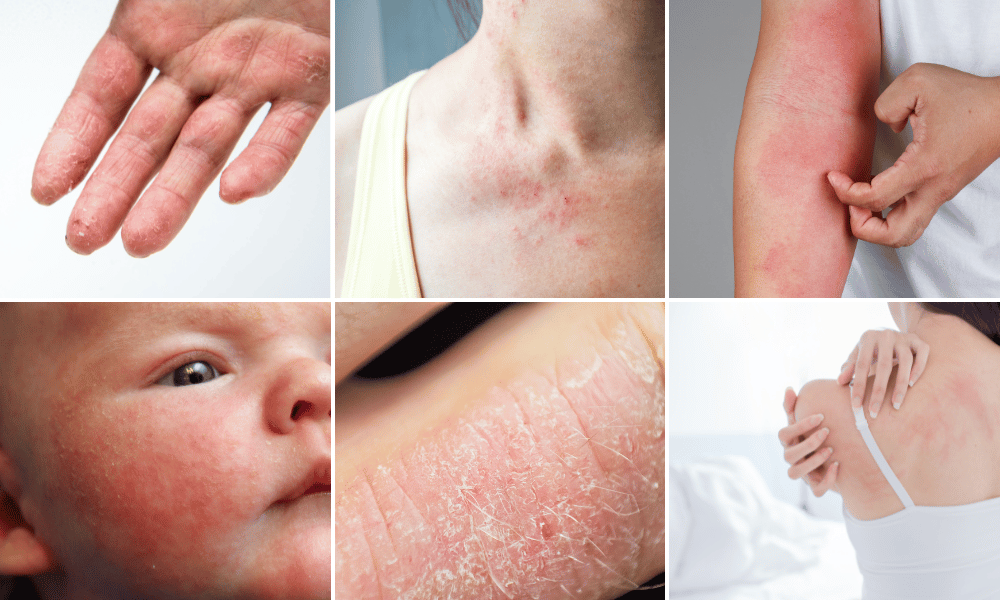
WHAT ARE THE SYMPTOMS OF ECZEMA?
The most important thing to note is that eczema and its symptoms vary from person to person. Everyone’s skincare routine will have different effects on the affected areas of the skin. Your eczema may not manifest in the same way as another adult or child. Different types of eczema may even appear at different times on different parts of the body. Eczema almost always comes with skin itching. Other common symptoms include dry, sensitive, inflamed, and discolored skin.
Eczema rashes typically appear on the face, forehead, or scalp of infants younger than 1 year old. It can spread to the knees, elbows, and body (but usually not the diaper area). In older children and teenagers, it’s usually seen in the creases of the elbows, behind the knees, on the neck, or on the inner wrists and ankles. Their skin often flakes more and is drier than when eczema first appears. Eczema can become thicker, darker, or scarred from scratching. Adults who had the condition as children but no longer experience it may still have dry or easily irritated skin; hand eczema and eyelid eczema can also develop.
Some people mistake the symptoms of psoriasis for eczema, although the two conditions differ. Learn more about psoriasis by clicking here! Many people with eczema report similar symptoms to hay fever, allergic asthma, and food allergies. Proper, consistent skincare is essential for preventing and managing eczema.
ECZEMA TRIGGERS
IMMUNE SYSTEM
If you have eczema, your immune system overreacts to small irritants or allergens in the environment (triggering substances). When it comes into contact with a trigger, your immune system assumes these small irritants are foreign invaders, such as bacteria or viruses, that could harm the body. As a result, the triggers activate the body’s natural defense system. Your immune system defends itself by creating inflammation. Inflammation then causes the symptoms of eczema on the skin.
GENES
You’re more likely to have eczema if it runs in your family. You’re also at greater risk if your medical history includes asthma, hay fever, and/or allergies. Common allergies include pollen, pet dander, or food allergens. Genetic mutations may also occur, causing the skin’s protective function to not work as it should.
ENVIRONMENT
Your surroundings contain many substances that can irritate the skin. Some examples include smoke, air pollutants, harsh soaps, fabrics such as wool, and exposure to certain skincare products. Low humidity (dry air) can cause the skin to dry out and itch. Warmth and high humidity can cause sweating, which can worsen itching.
EMOTIONAL FACTORS
Your mental health can affect your skin’s health, which can cause flare-ups of eczema symptoms. If you’re under high stress, anxiety, or depression, eczema symptoms may occur more frequently. When you’re in a stressful situation, such as work pressure or family problems, your body triggers a physiological response. During this physiological response, stress hormones like cortisol are released. If released in large quantities, such as in cases of continuous, chronic stress, cortisol suppresses the immune system and increases inflammation throughout the body. The increased inflammation extends to the skin, worsening eczema symptoms.
Stress can also trigger eczema symptoms in children, so it’s essential to pay attention to the mental state of your children. If a child is separated from a parent for a long time, it can cause mental and emotional distress, leading to skin itching. Stress can also be triggered by irritants such as clothing and dust, causing the child to start scratching intensively, exacerbating the eczema. Just like all of us, when our schedules become busier, we start to feel stressed and worried. Children feel this too when they become overwhelmed or their routine changes, so it’s important to provide a calm environment for them.
TREATMENT OF ECZEMA WITH OXYGEN THERAPY
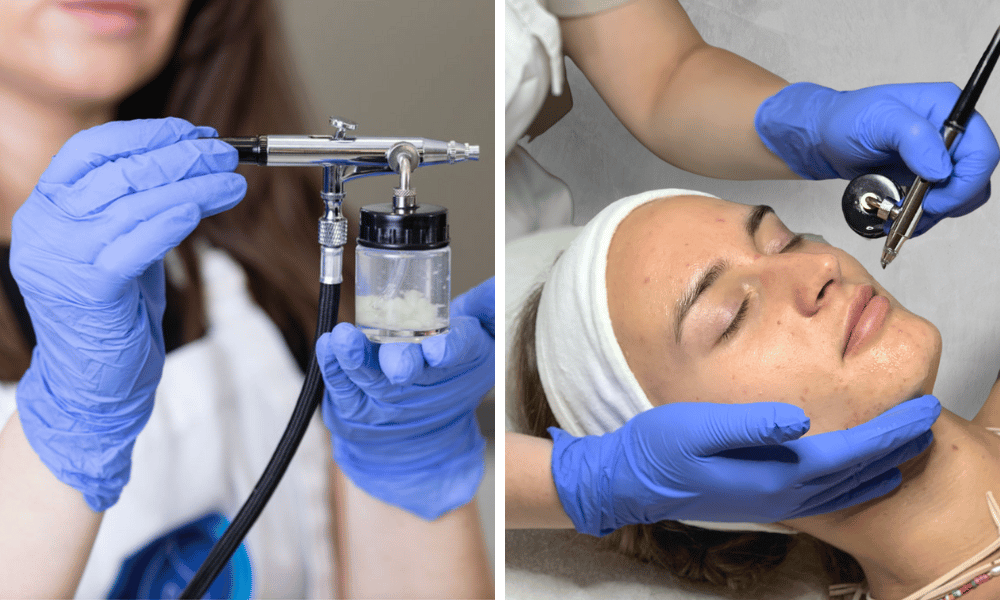
Unfortunately, in many cases, the symptoms appearing on the face and scalp are related and interconnected, but sometimes these problems may also appear in different parts of the body. These can include seborrhea, eczema, allergies, or dehydrated, sensitive skin, as well as oily and dry skin. Read our blog post about eczema on the scalp by clicking here!
Cosmetic oxygen therapy is based on strengthening the immune system, making it applicable for any skin and cosmetic problem, guaranteeing visible results. The treatment is 100% reliable and risk-free and is based on 100% organic ingredients. By supplying proper oxygen, vitamins, and minerals, the skin cells rejuvenate, the skin is cleansed of impurities, and it regains its proper pH value due to the acid-neutralizing and alkalizing effect of the treatment. Strengthening the connective tissue reduces the amount of cellulite. Cosmetic oxygen therapy can be used for any skin and cosmetic problem, reducing healing and regeneration time.
OXYGEN THERAPY RESULTS
AT-HOME SKIN CARE
Eczema is often triggered or exacerbated by harsh skincare products. If you have eczema, you may be more sensitive to these reactions, and they can trigger eczema symptoms. For lasting healing, the use of chemical-free and 100% natural products provides a long-term solution.
Using chemical-free products reduces intolerances; their 100% natural ingredients do not irritate the skin or scalp and naturally exert their effects. The use of natural products can not only help alleviate symptoms but also prevent them! Oxygeni Hair&Skin products are fragrance and irritation-free, providing the perfect solution for relieving and preventing skin conditions.
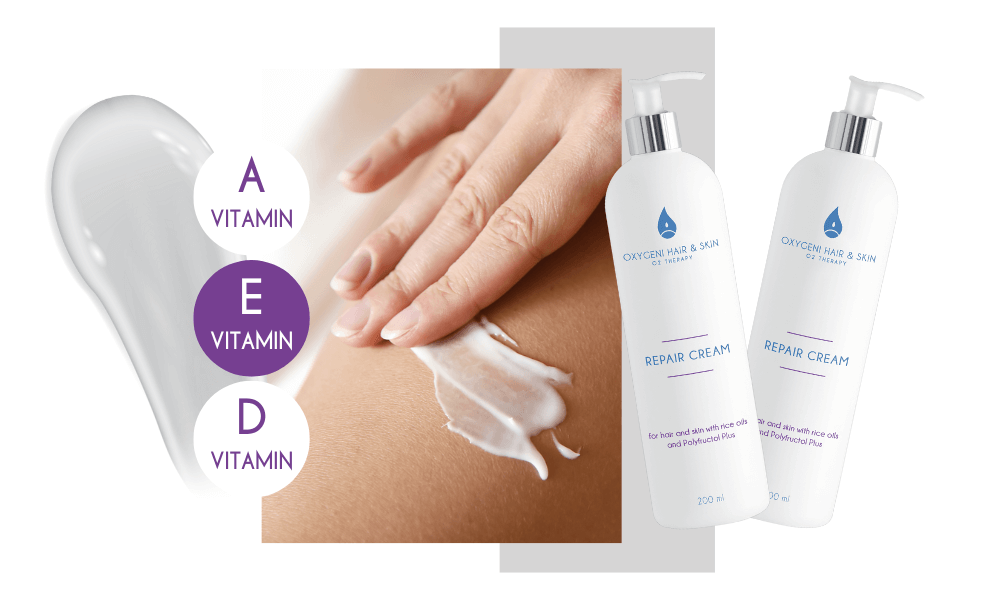
The Repair Cream is a luxurious skin and body moisturizer that can be applied to any skin surface. Thanks to its content of rice, macadamia, grape, and flaxseed oils, it is not only a nourishing miracle for the skin but also for the hair. It hydrates the skin and replenishes it with its nourishing ingredients. It can be used as a body lotion, face cream, and for various skin problems such as rosacea, seborrhea, eczema, and rash-prone dry dehydrated skin. It is a moisturizing cream made entirely of chemical-free and natural ingredients. It contains a pleasant, mildly fruity, and allergen-free, natural fragrance. Click to check out the product!
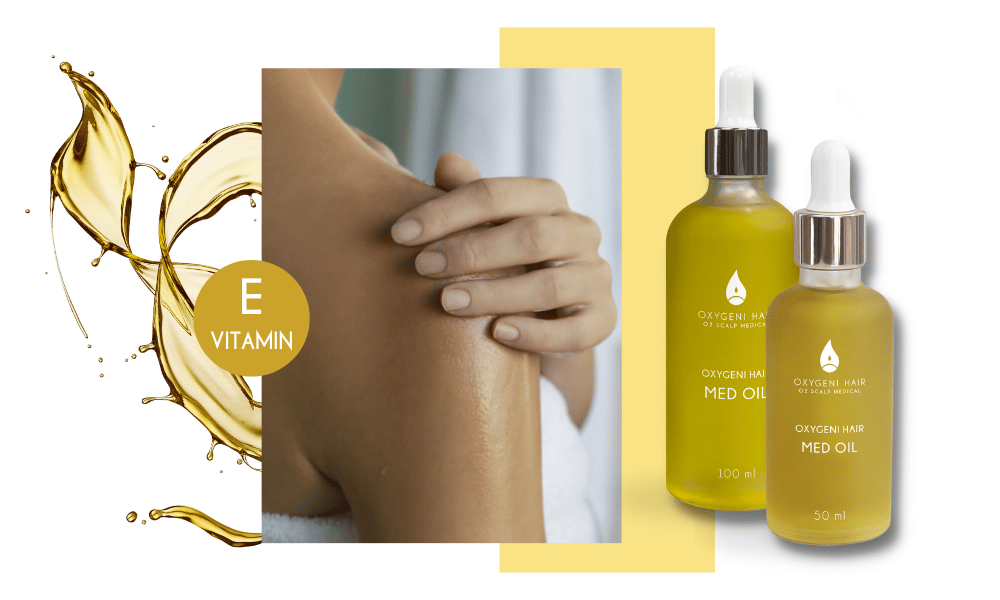
The Med Oil is a multifunctional oil recommended for the care of skin, hair, and the entire body for dermatological and trichological purposes. Being 100% chemical-free, it does not cause irritation or allergic reactions. Thanks to its anti-inflammatory properties, it can be used externally to treat extremely dry, eczematous, or even psoriatic skin, and it also provides protection against sunburn.
For the treatment of itchy eczema, the best solution is to, in a spray bottle, mix 3-5 drops of Med Oil with 5 ml of Pure Aloe Vera and 5 ml of Aloe Vera Gel, and add a pipette of Vitamin Serum to create a mix. Spray the affected areas several times throughout the day. Any leftover mixture can be used to care for your lips, facial skin, or décolletage. Click to check out the product!
CELEBRITIES WHO SUFFER FROM ECZEMA
Eczema can sometimes make the skin self-conscious. The dry, red patches can blister, ooze, and peel, become leathery, or become rough and cracked. Imagine what it’s like for someone who is constantly in the public eye to have to deal with eczema flare-ups. Here’s how famous faces in the spotlight manage the inflammatory skin condition.
Kristen Bell, an actress and mother of two, had her eczema dormant from childhood until the age of 39. She admitted to completely changing her diet to try to help with the symptoms.
Kerry Washington, an actress, struggled with severe eczema in adulthood, visiting a dermatologist since the age of 8. “I work with a university nutritionist because for me, beauty is an outsider thing. I take fish oil tablets, drink lots of water, and try not to eat dairy. These things have helped my skin a lot,” the actress said.
Kate Middleton also experienced eczema and suffered from red, flaky skin as a teenager.
FOODS TO AVOID WHEN DELAING WITH ECZEMA
Have you ever wondered why your eczema becomes particularly itchy and painful at certain times of the day? You may not be able to figure out what triggers these flare-ups, but it could be your diet. Diet plays a significant role in the overall health of our skin. Recognizing how different diets affect your skin can help minimize eczema symptoms.
Food-sensitive skin reactions typically occur 6-24 hours after consuming a certain type of food that doesn’t agree with your body. To figure out which foods trigger flare-ups, we suggest paying attention to those common foods known to exacerbate eczema.

Foods that often trigger eczema reactions include: wheat and gluten, citrus fruits, soy, grapes, broccoli, eggs, dairy products including yogurt, cow’s milk, cheese, and butter, tomatoes, dried fruits, avocado, spices such as cinnamon and vanilla, and certain types of nuts.
PREVENTING ECZEMA
There are steps you can take to prevent eczema flare-ups, including:
- Regularly moisturize your skin! After bathing or showering, lock in moisture by immediately applying moisturizer to your skin.
- Take a bath or shower with warm, not hot water.
- Stay hydrated and drink at least eight glasses of water every day. Water helps maintain the moisture content of your skin.
- Wear loose-fitting clothing made of cotton and other natural materials. Wash new clothes before wearing them and avoid wool or synthetic fibers.
- Manage stress and identify triggers for emotions. Seek professional help if you experience symptoms related to poor mental/emotional health.
- Use a humidifier if dry air is drying out your skin.
- Avoid irritants and allergens.
OXYGEN THERAPY AND OXYGENI HAIR PRODUCT REVIEWS
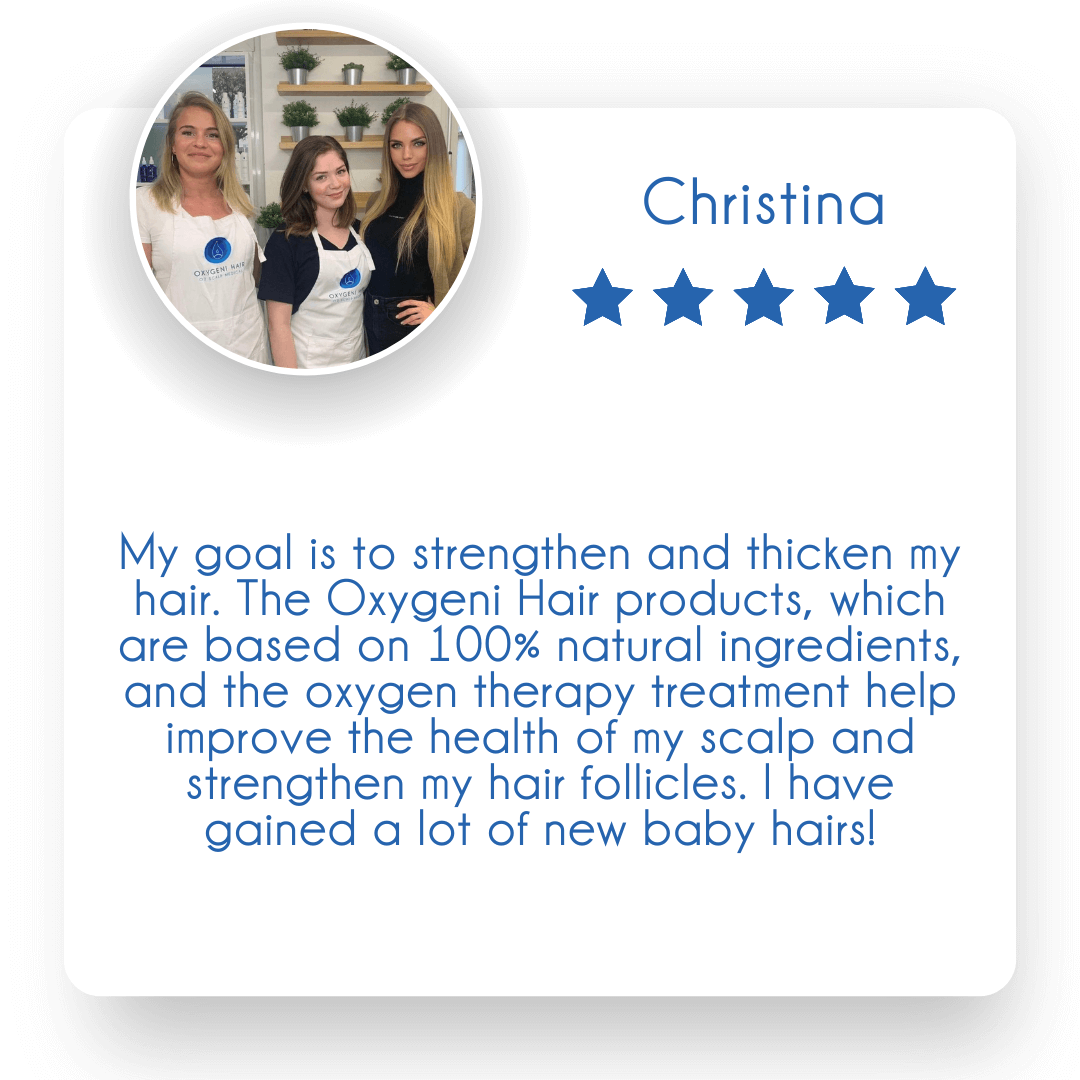

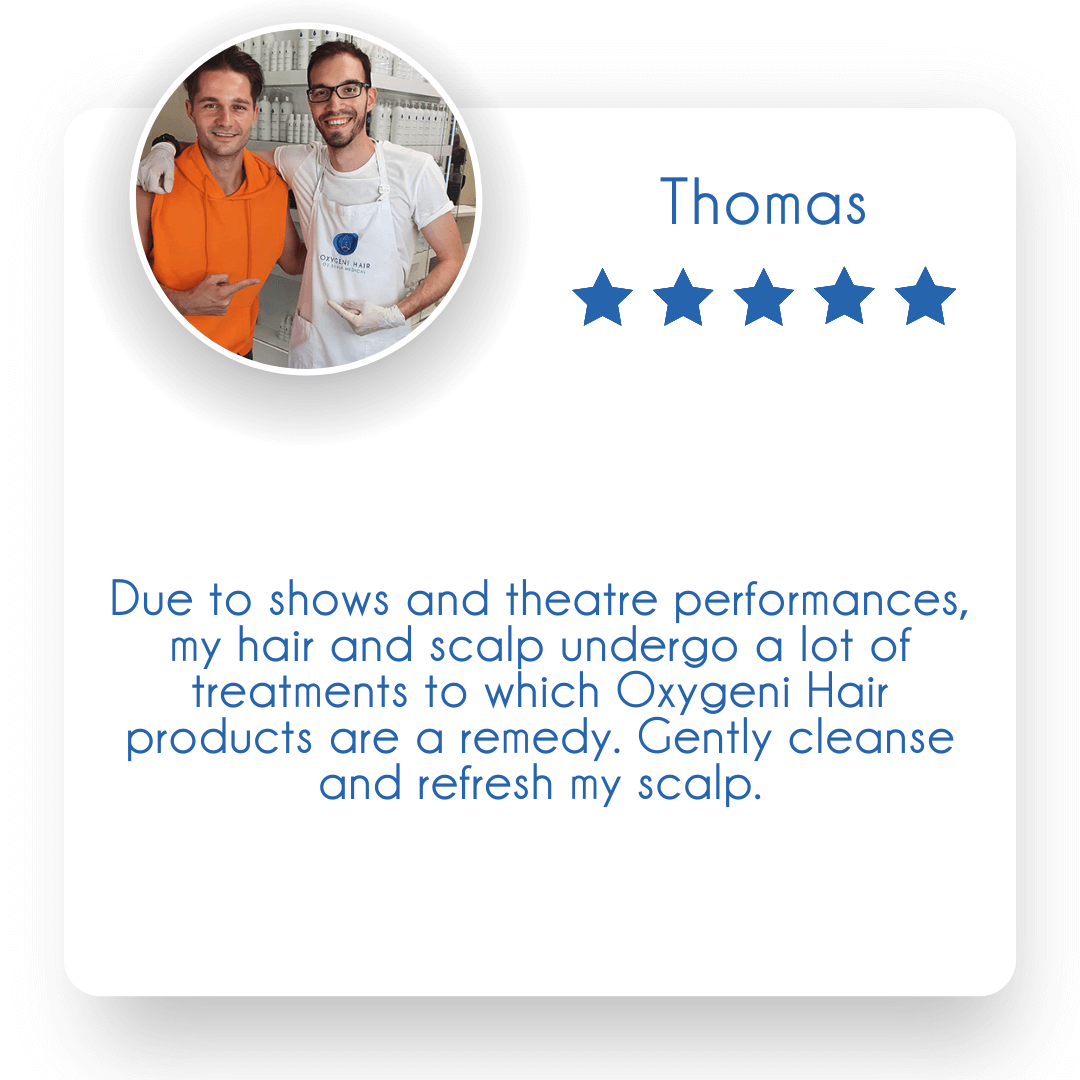
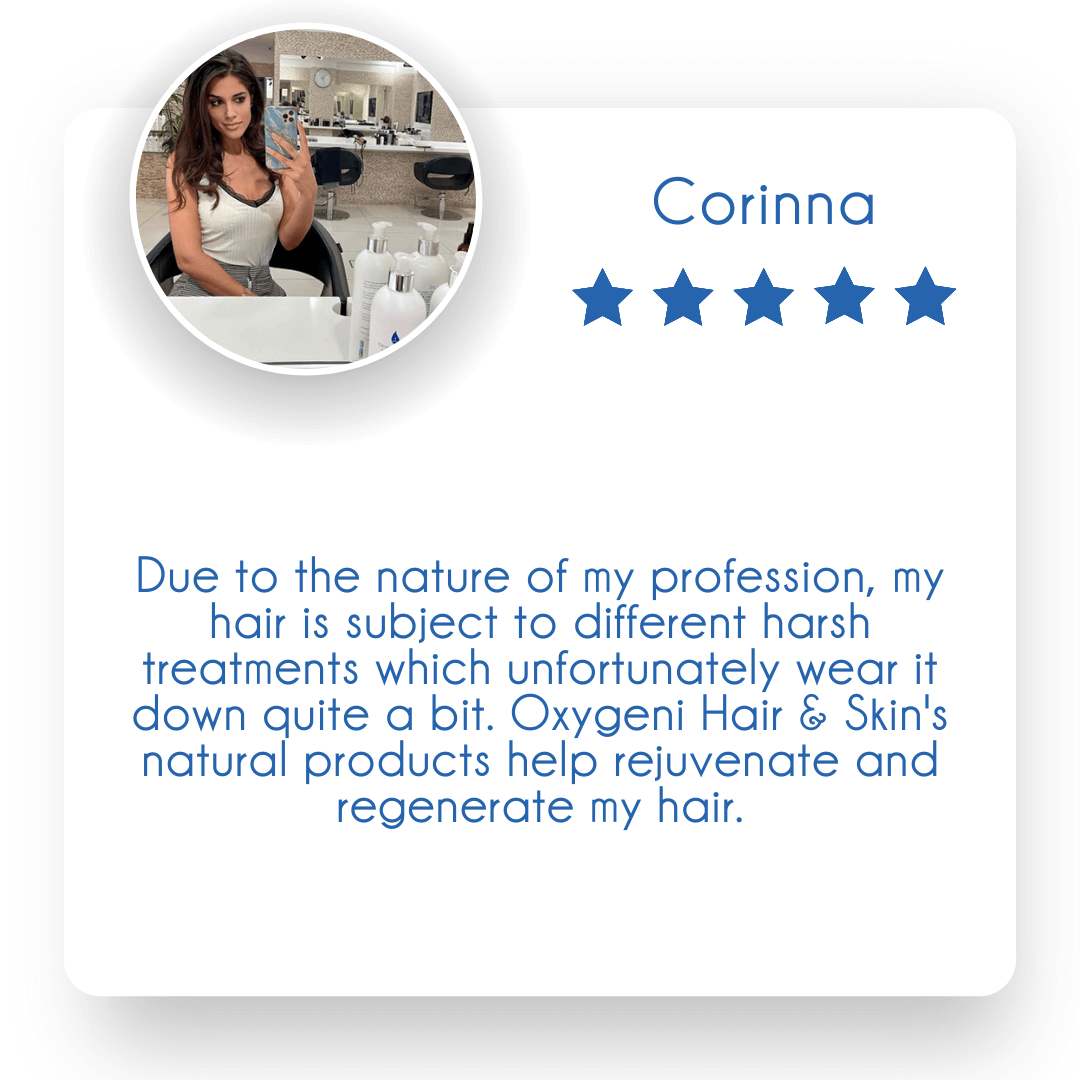
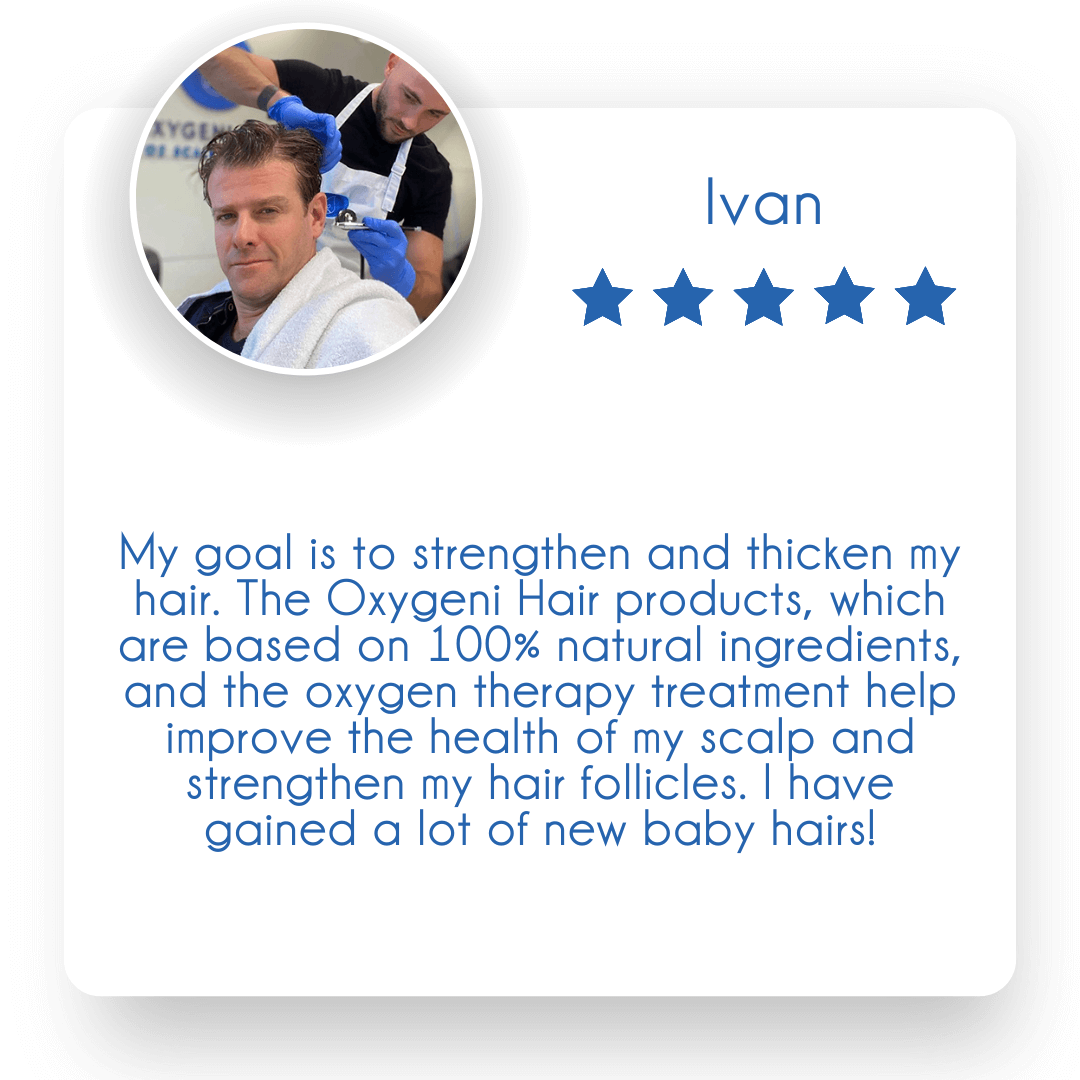
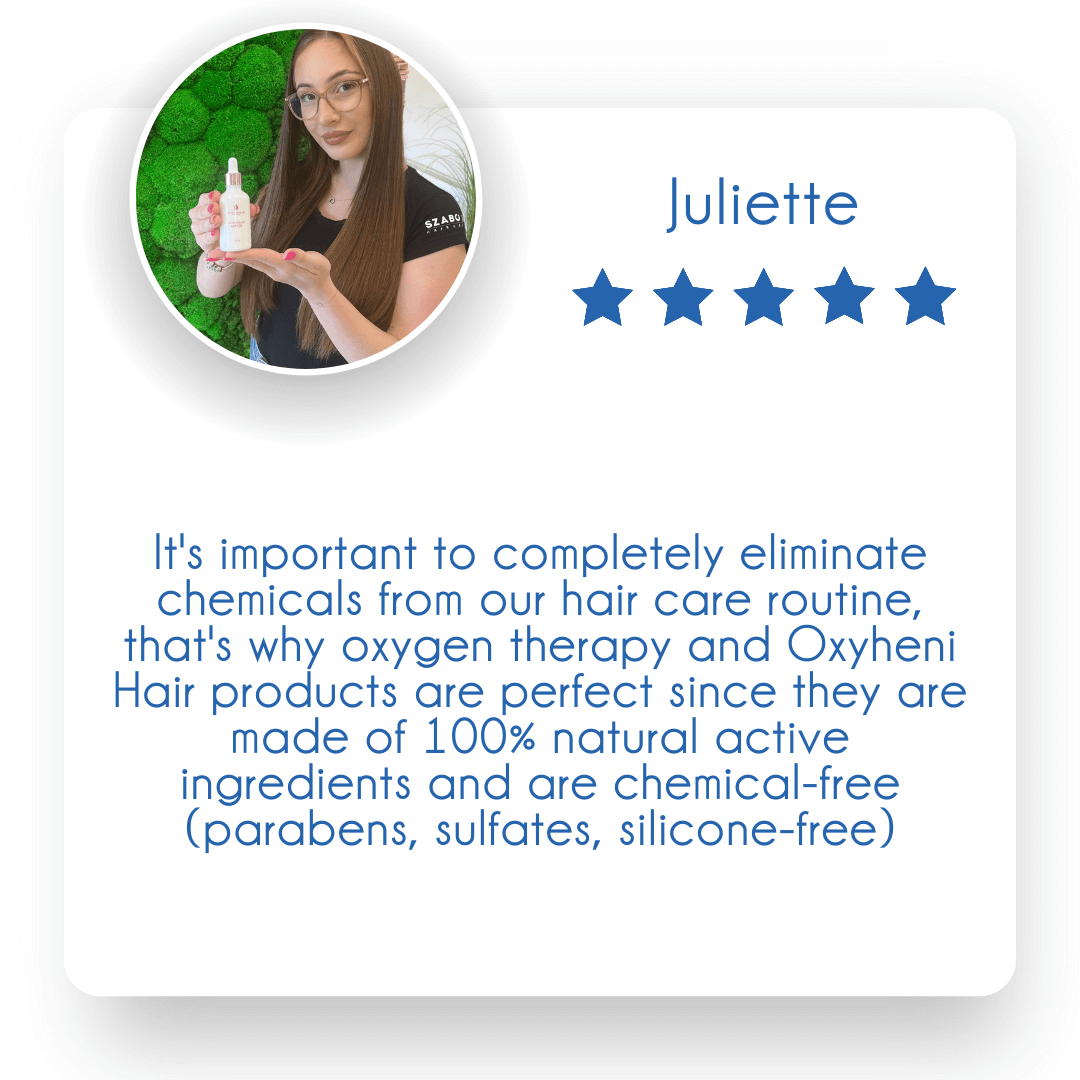
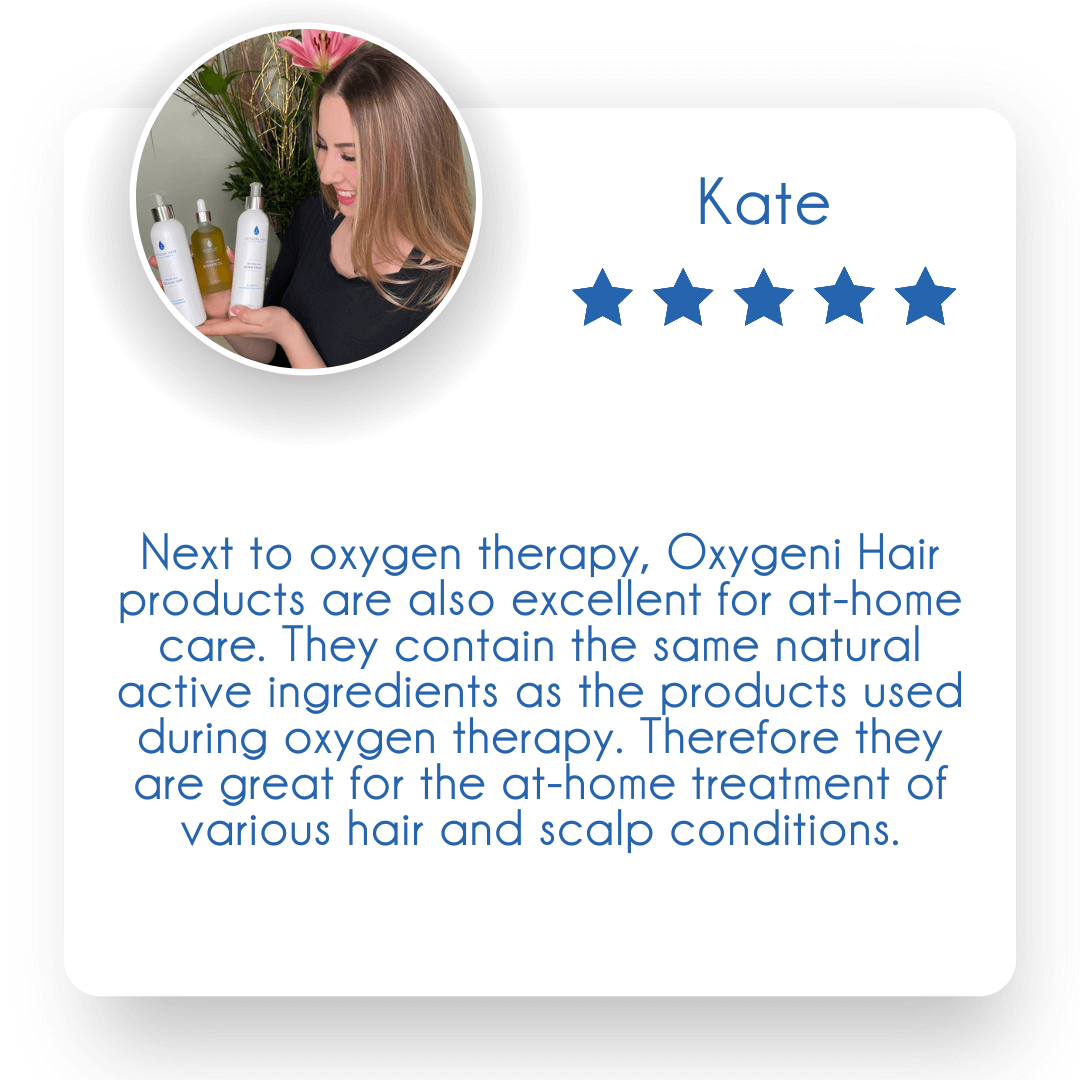
Follow us on our social media platforms!
